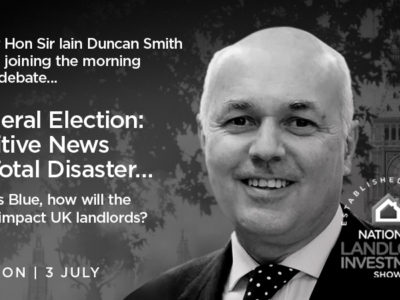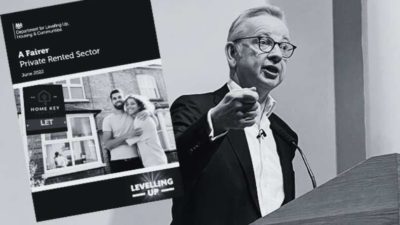Trade tensions between the US and China, combined with the potential for a no-deal Brexit, have weakened the outlook of both global and UK growth, according to Dr Mark Carney, Governor of the Bank of England (BoE), at a recent address to the Local Government Association Annual Conference Exhibition 2019 in Bournemouth.
Dr Carney presides over the Bank’s Monetary Policy Committee (MPC), which regularly meets to set interest rates. Their decisions directly impact the UK housing market, as the interest rates set by the MPC feed through into the mortgage market, affecting the level of interest people can expect to pay.
The MPC sets interest rates with regard to a target for inflation. If prices rise faster than the target, the MPC typically raises interest rates. If prices rise close to the inflation target, rates often remain steady, but if prices drop significantly below this target, the MPC tends to cut interest rates, to spur growth.
Currently, the inflation target is 2 per cent, and interest rates remain at 0.75 per cent, after a recent vote by the MPC. The MPC cited the risk of a no-deal Brexit and trade tensions as reasons for avoiding a rate hike.
Trade war and Brexit could weaken growth
Dr Carney addressed the conference, showing concern over the potential for a trade war and a no-deal Brexit to dampen growth prospects in the UK and abroad. He explained: “For now, a global trade war and a no-deal Brexit remain growing possibilities, not certainties.”
He added: “In some jurisdictions, the impact may warrant a near-term policy response as insurance, to maintain the expansion. Markets are currently pricing in much more stimulus than this, suggesting far greater pessimism about trade developments, as well as potential concerns about the absence of inflationary pressures.”
Looking ahead, Dr Carney said: “As the perceived probability of a no-deal has picked up, the levels of Bank Rate, Sterling and other UK asset prices in our projections have…become increasingly inconsistent with the smooth Brexit assumption in the MPC’s projection.”
Bank’s smooth Brexit assumption
Dr Carney explained that the BoE’s projections regarding the UK economy were based on assumptions that the Government would facilitate what he termed a “smooth Brexit”, in which business investment would be expected to rebound. Under this scenario, Dr Carney also expected “the housing market to rally”.
Under this smooth Brexit scenario, Dr Carney believed that: “This would accelerate economic growth, strengthen domestic inflationary pressures, and require limited and gradual increases in interest rates, in order to return inflation sustainably to the 2 per cent target.”




















Comments